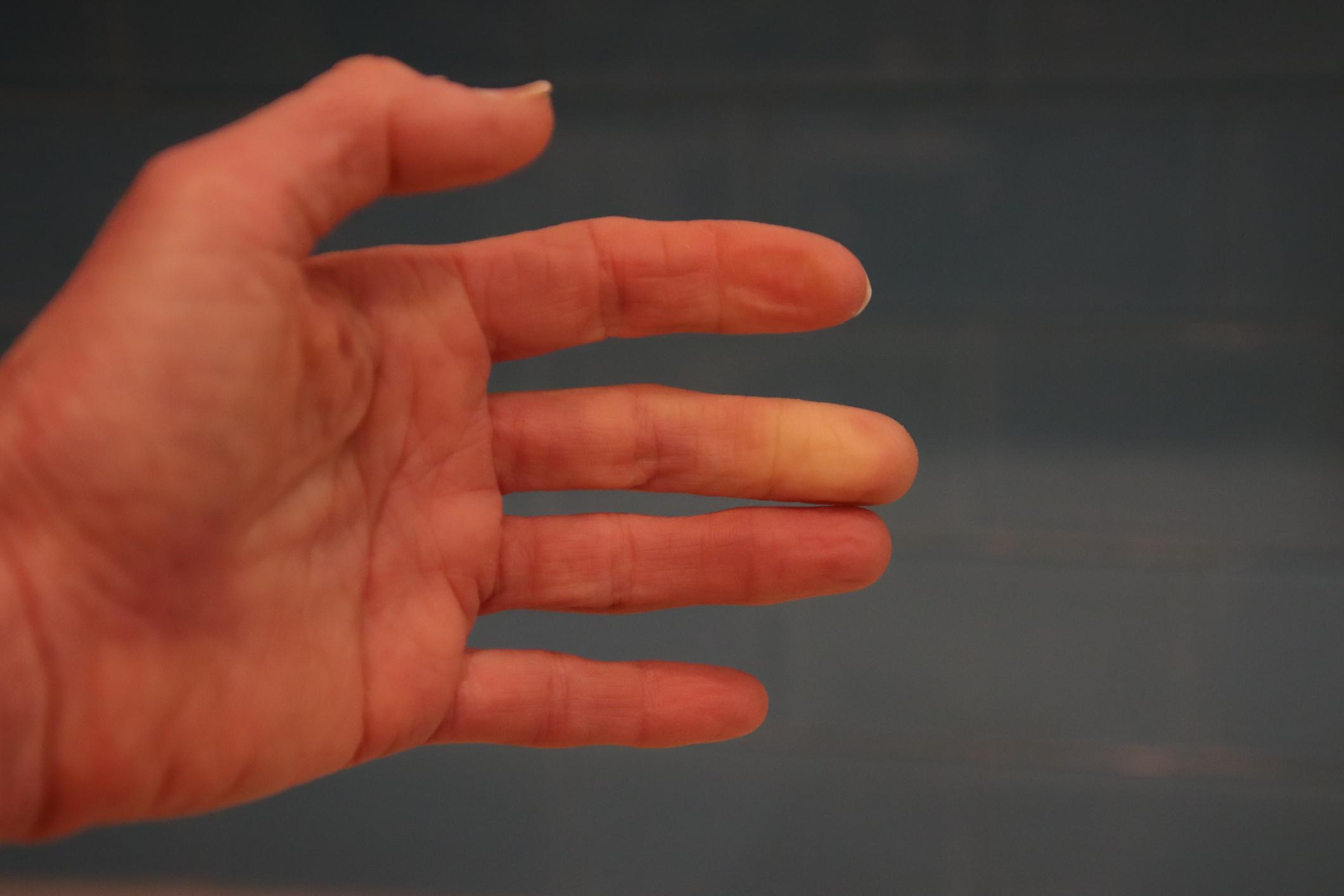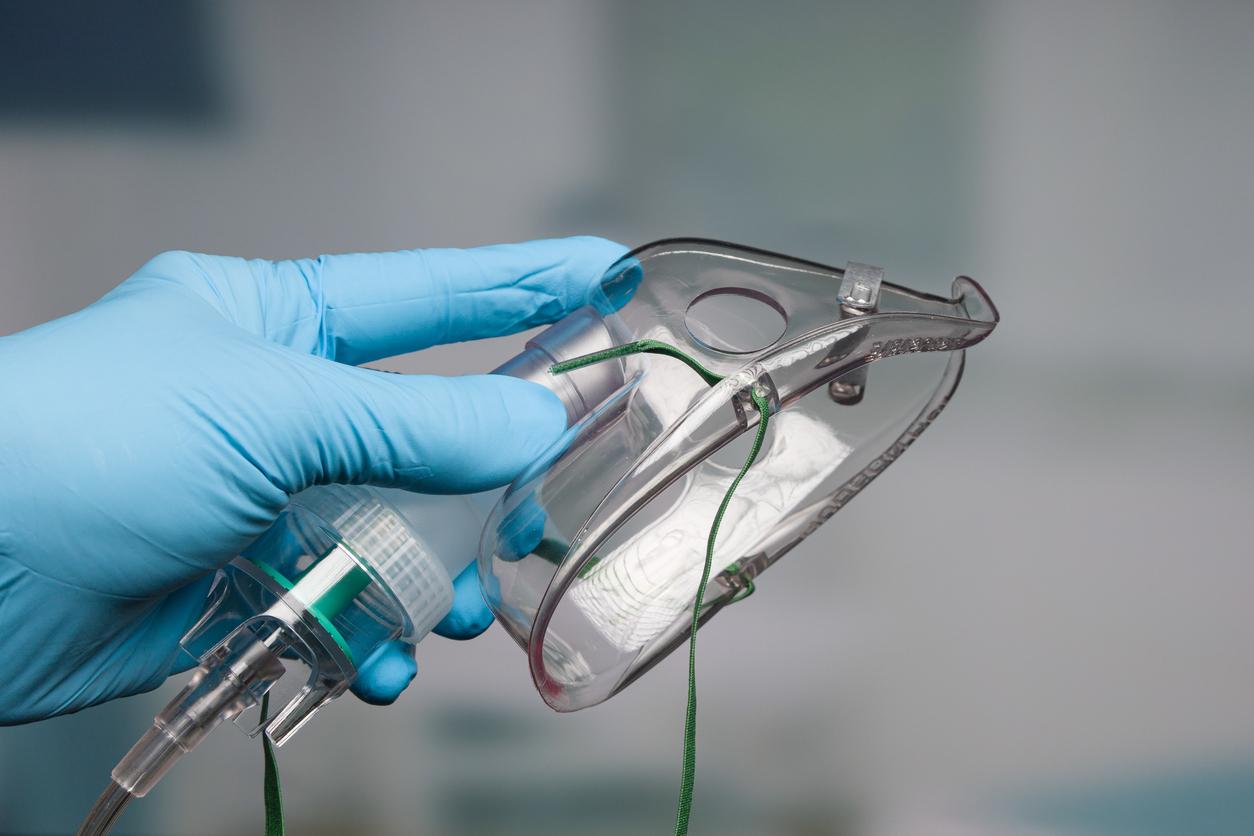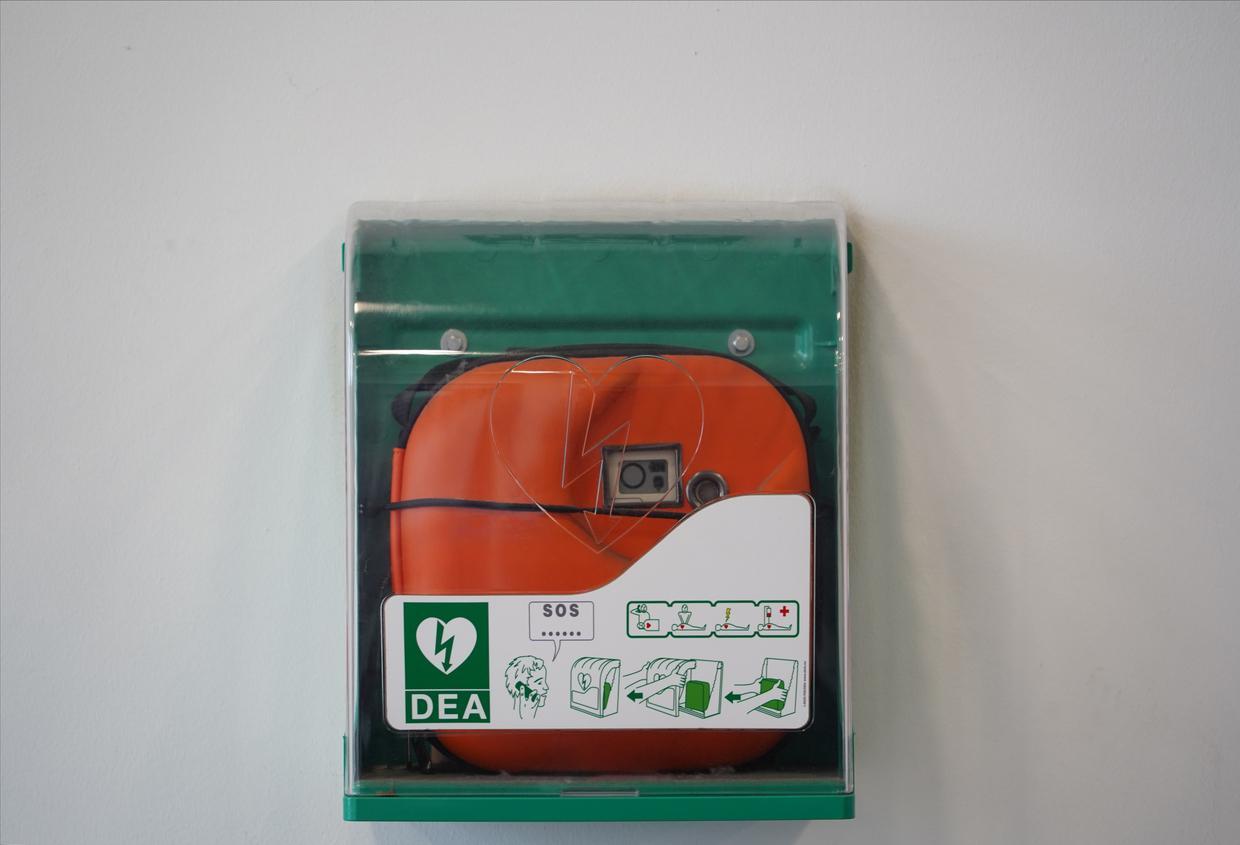A test consisting of five questions was developed to detect patients affected by Raynaud’s syndrome, a blood circulation disorder.

- Raynaud’s syndrome is a blood circulation disorder induced by low temperatures.
- This condition is characterized by pallor, coldness and loss of sensitivity in the extremities.
- A British charity has developed an online test to identify people affected by Raynaud’s syndrome.
During a winter walk, you can feel like your extremities are icy despite wearing gloves on your hands and socks on your feet. This phenomenon is natural, but some people sometimes have much more serious symptoms during a cold episode. We then speak of Raynaud’s syndrome.
5 questions to identify people with Raynaud syndrome
A blood circulation disorder, Raynaud’s syndrome mainly affects the fingers, and more rarely the toes, when temperatures begin to drop. The cold causes paleness, coldness and loss of sensitivity for an indefinite period ranging from a few minutes to a few hours. This condition is mainly present in young women, according to Ameli Healththe Health Insurance platform. It affected nearly 6% of women between 25 and 40 years old.
According to information from Daily Mailthe Scleroderma & Raynaud’s UK’s charity has developed an online test which allows you to indicate whether you have Raynaud’s syndrome.
This test is based on five questions:
- Are your fingers sensitive to cold?
- Do your fingers change color in response to temperature or stress?
- Do you feel numbness or pain in the area that changes color?
- Do you feel tingling or twinging when the area gets warm?
- Have you ever developed sores or ulcers on your fingers or toes?
Raynaud syndrome: a condition that can be “difficult to live with”
Following the questionnaire, people potentially affected by Raynaud’s syndrome are invited to participate in an anonymous medical survey. “I have already taken the test and I encourage as many people as possible to do the same (…) This campaign is particularly close to my heart, because I know how difficult this disease can be to live with”told Dr Punam Krishan, general practitioner, to the Daily Mail.
















